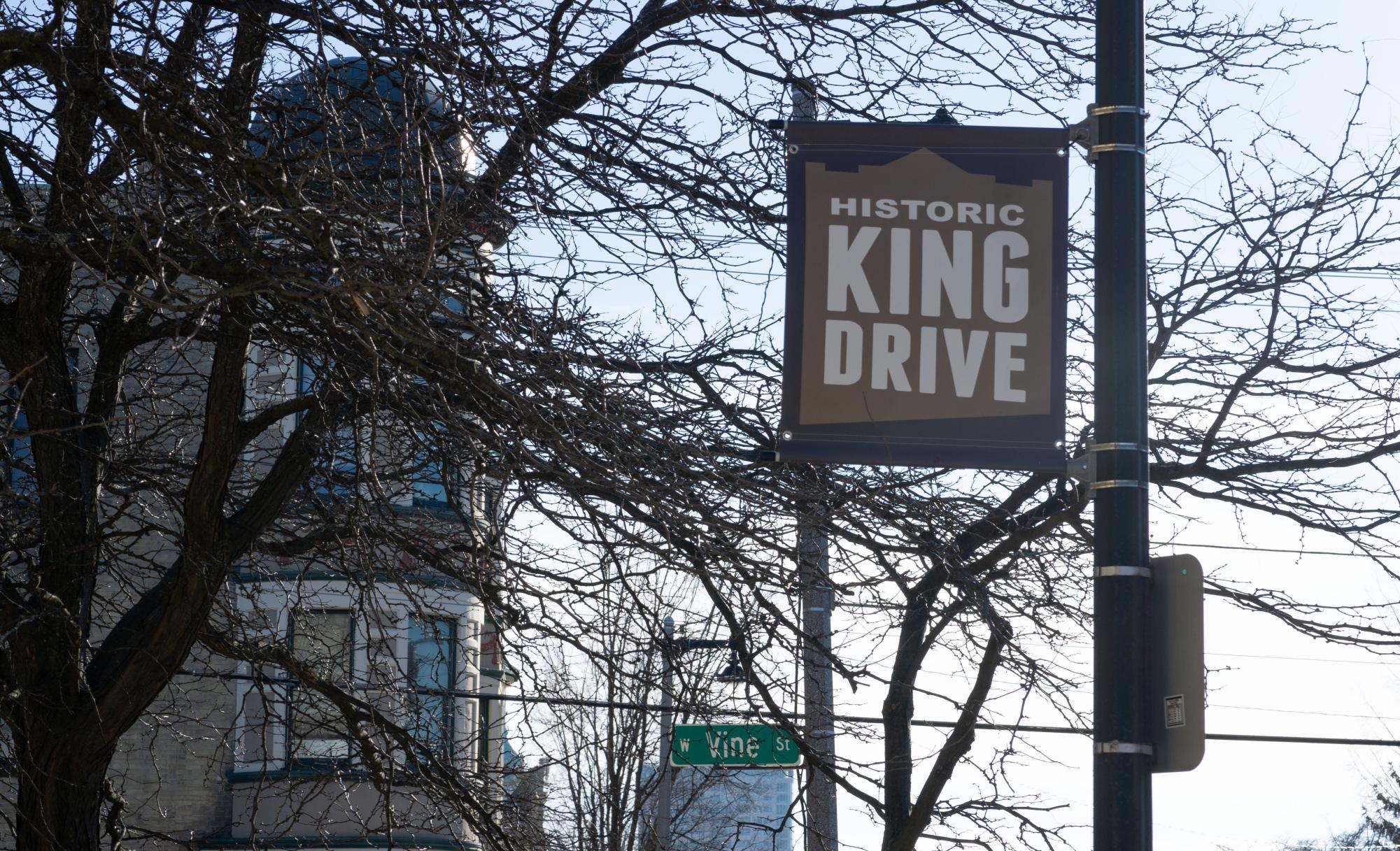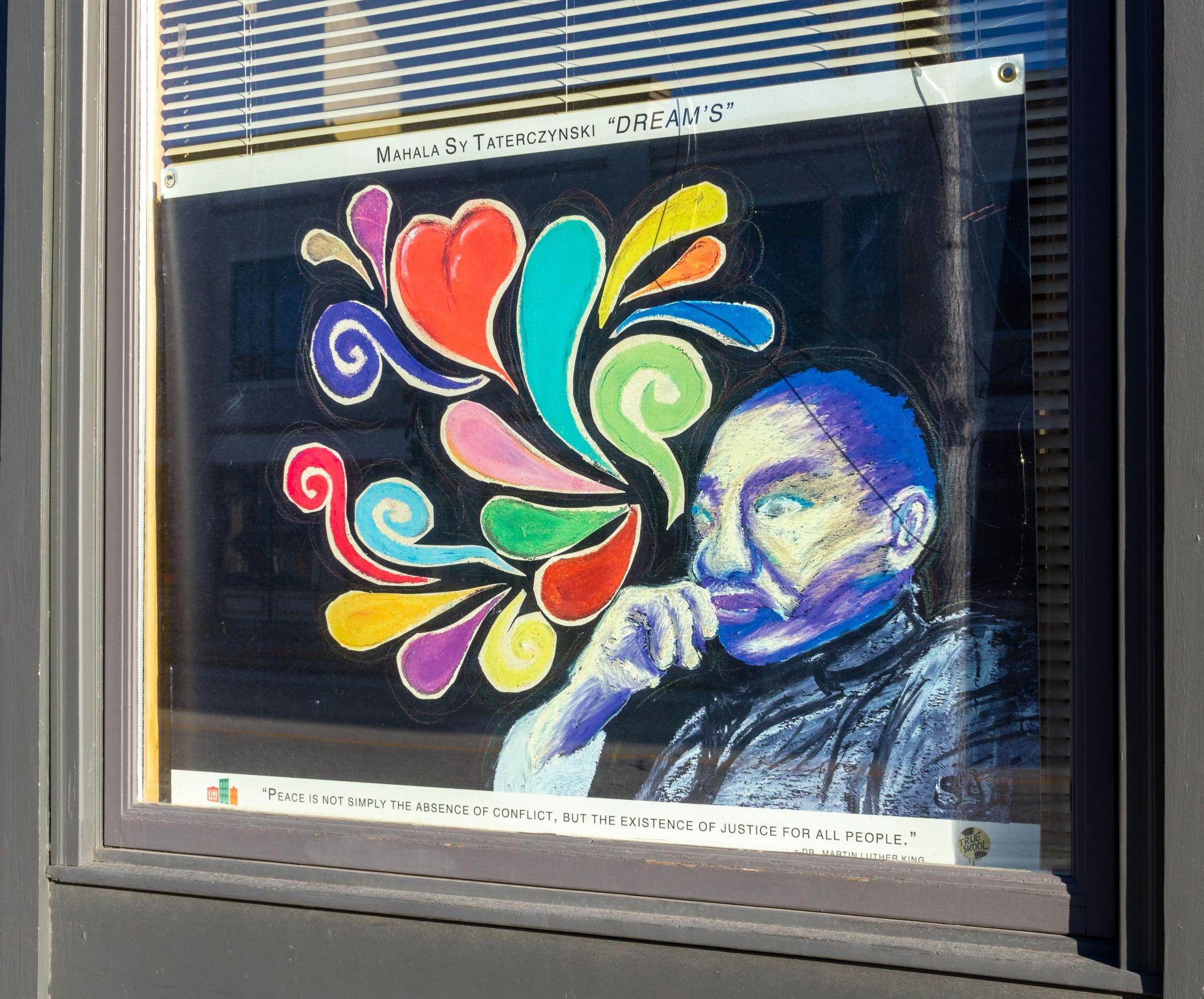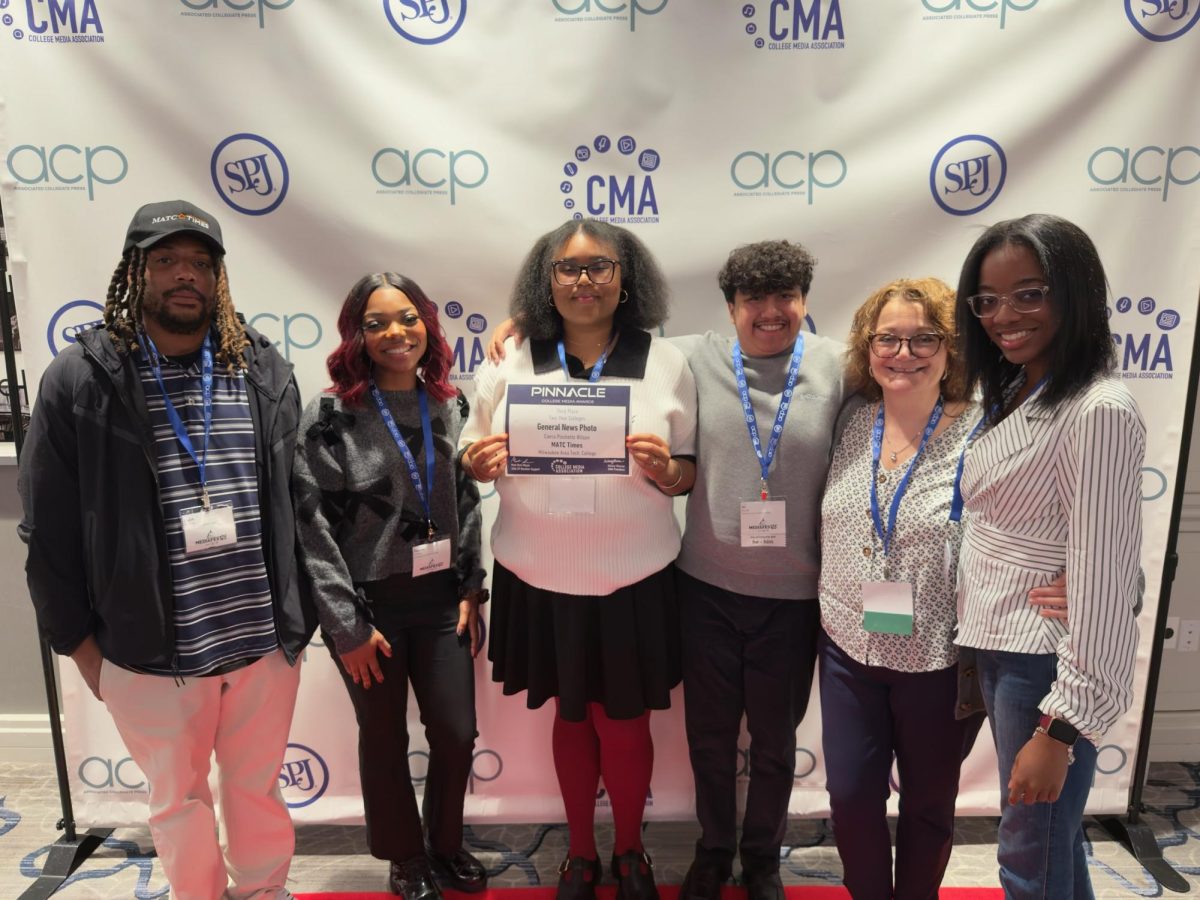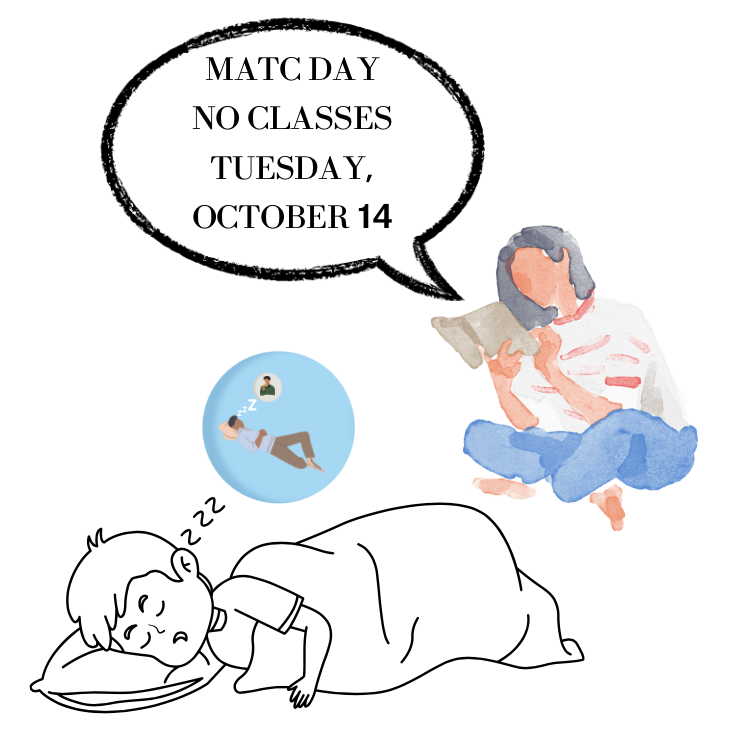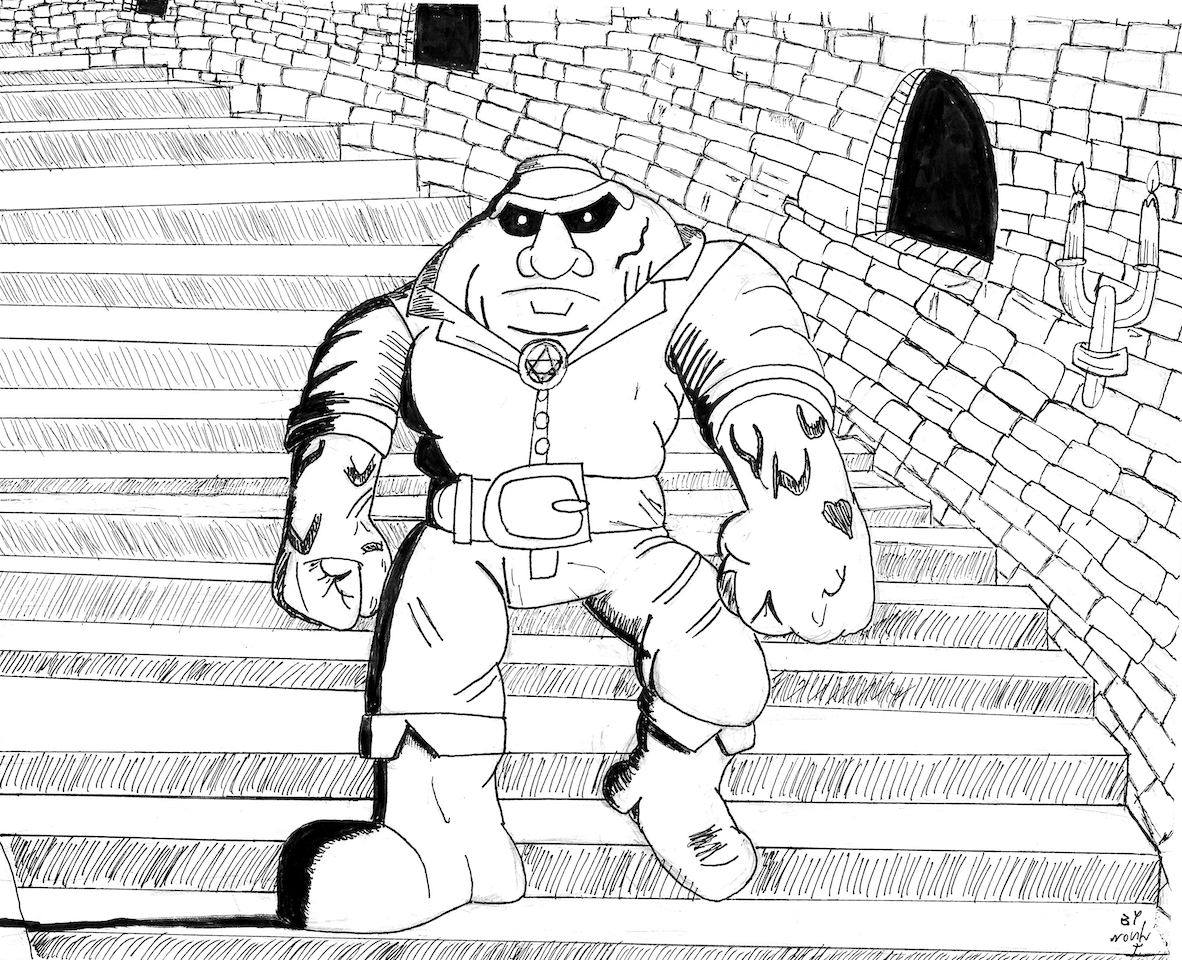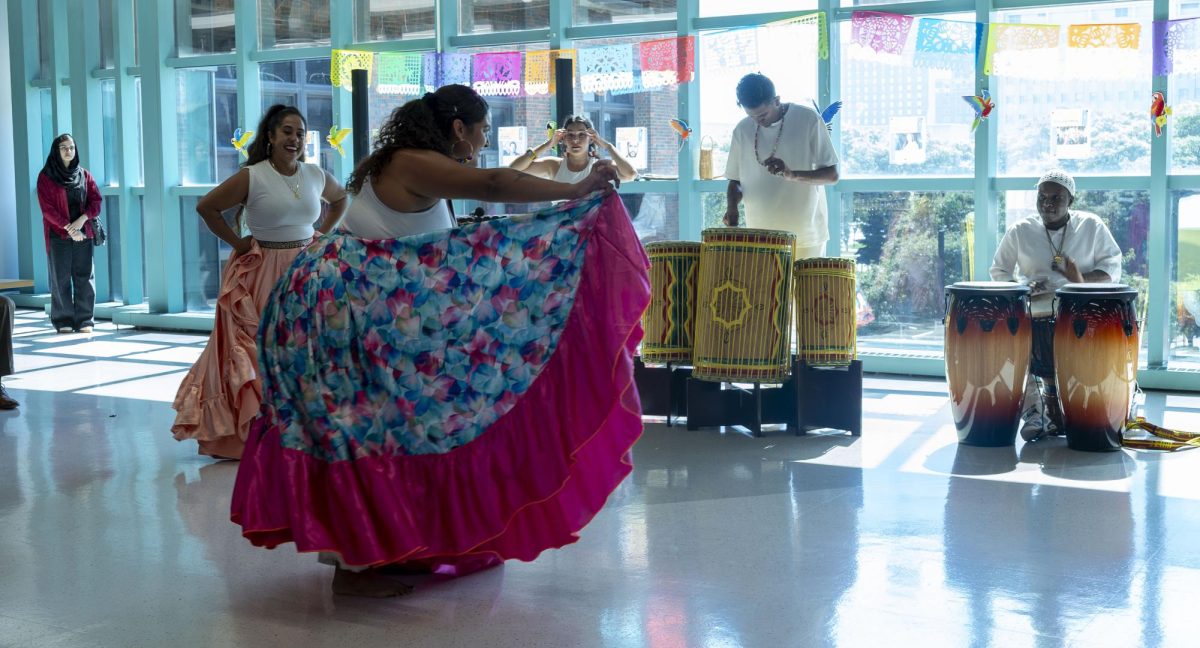The Martin Luther King Jr. quote I hear most often is, “I have a dream that my four little children will one day live in a nation where they will not be judged by the color of their skin but by the content of their character.” This is a good thing, obviously, and anyone would be correct to believe in these words! But to reduce MLK and the greater Civil Rights Movement of the 1960’s to this quote only serves to oversimplify the legacy of Dr. Martin Luther King Jr.
The I Have A Dream speech was the capstone oration of a day long march into the Mall of Washington DC. Over 260,000 people attended, and you may be forgiven for thinking that meant that MLK was a highly regarded figure in his day. That politicians were eager to work closely with him. That he would be invited on late night talk shows and the diverse crowd of people watching would cheer with glee at the sight of their hero on TV! However, if you did assume this you would have very much assumed wrong, because while a Pew Research poll shows that 81% of people today believe that he had a positive impact on the United States (which seems too low). The same institution’s 1963 poll found that only 41% of people believed he was a force for good. At one point, the FBI even penned a letter to Dr. King that encouraged him to take his own life! In 1968, the year he was assassinated, 75% of Americans disapproved of him and his legacy.
The general change in positive sentiment towards King reflects a change in the understanding of his message by the public. That point is made explicit by signs held by marchers at the March on Washington that read “End Police Brutality Now!” A sentiment that is still quite divisive.
The March on Washington’s full name was actually The March on Washington For Jobs and Freedom, and was propelled not only as a fight against segregated drinking fountains, but with intent for economic liberty as well.
Of the 10 stated demands motivating the march, two of them are “7. A massive federal program to train and place all unemployed workers-Negros and White-on dignified jobs at decent wages.” and “8. A national minimum wage act that will give all Americans a decent standard of living.” (“Government surveys show that anything less than $2 an hour fails to do this”–that’s $20.70 in 2025 by the way.)
Dr. Martin Luther King Jr. fought for voting rights and the end of segregation, and when these were imperfectly addressed by Supreme Court decisions and the Voting Rights Act, he turned his primary attention to economic liberty for the poor. King co-founded the Poor People’s campaign, which he described as “the beginning of a new co-operation, understanding, and a determination by poor people of all colors and backgrounds to assert and win their right to a decent life and respect for their culture and dignity.” The goal was for an organized, non-violent yet firm and disruptive protest to occupy D.C in the summer of 1968. Unfortunately, as we all know, he would not see these plans through as he was assassinated on April 4th of that year while marching with striking sanitation workers in Tennessee.
If we are to defend and celebrate Dr Martin Luther King Jr. Day, we must do so recognizing him for the whole of his legacy, including his fight for the poorest among us and those oppressed by white-supremacist laws. (The academic definition of white supremacy from Frances Lee Ansley refers to “a political, economic and cultural system in which whites overwhelmingly control power and material resources, conscious and unconscious ideas of white superiority and entitlement are widespread, and relations of white dominance and non-white subordination are daily re-enacted across a broad array of institutions and social settings.”)
